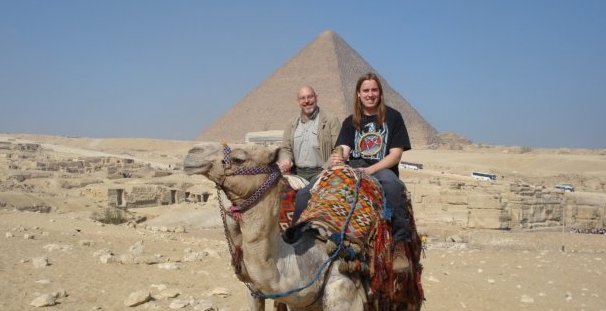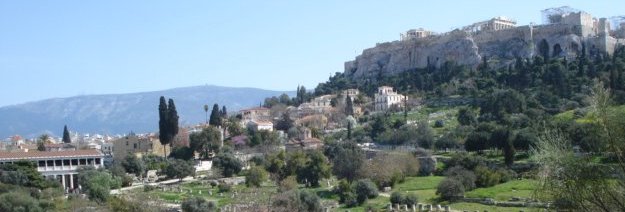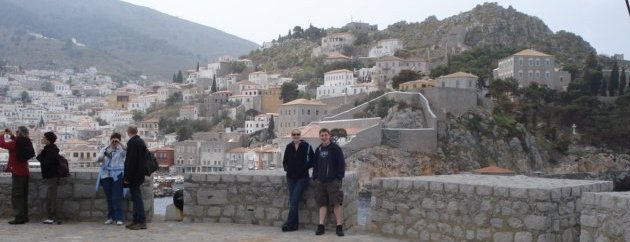
Washington Post featured a report from a guy who toured the world of Herodotus. This is the link.
Herodotus was the world’s first historian. Of course people wrote about historical events before his time, but they didn’t think in the historical sense of trying to connect disparate events into a meaningful whole. For the ancient pre-Greek civilizations, history was just a series of bragging press releases, with pharaohs, kings and warlords exaggerating and sometimes completely fabrication triumphs. There was no understanding of greater causality. They also looked for supernatural explanations to all human affairs and/or are accounts of the work of God on earth. That is, BTW, is what differentiates Herodotus’ work from the Book of Samuel, which some scholars have called the first history, or from something like the Iliad, which has a narrative and talks re historical events.

Herodotus was often not accurate. That is not why he was the “first historian” He accepted all sorts of hear-say and outright myths. His was also a very intensely personal work and he makes little or no attempt to screen for his own bias. This is one reason it is so much fun to read his work. But he did seek to understand the context of his events in his inquiry, which is the more precise translation of his word history.
Herodotus is great literature, but my favorite ancient historian is Thucydides. His Melian Dialogues and the book about the Syracuse campaign should be required reading for anyone trying to understand world affairs. It is interesting how you can see progress in the writing of history. I like Thucydides better, but Polybius is a better historian, because he had the advantage of the experience. (Polybius put the rise of Rome in the greater context.) Today, standing on the shoulders of these giants and others who came after, the average graduate student is a better historian than any of them. We have the gift of being able to take the best of the past. We should never squander that gift.

Improvements in how historians could assess events are examples of technologies of the mind or technologies of thought.
We easily recognize technologies of the physical world. Using technology, a weakling driving a bulldozer can do more than the strongest man working by hand. We all remember the story of John Henry and the steam drill. But we overlook the more important technologies of thought & mind. The most obvious are in hard sciences and subjects like math. The greatest mathematicians of any time before around 1600 could not pass an introductory statistics and quantitative methods class. The tools we use today just were not yet invented. But this goes for others things as well.
It is also true for cultures. Culture is a form of technology in the broad sense. It gives people the package of techniques and skills they need to adapt to the world and its challenges. Some packages work better than others. I am talking about “small c” culture too. Firms have cultures. That is why some companies can consistently outperform others.
Below is Jarash in what is now Jordan. The Romans knew how to bring in water. The skills were lost and it went from thriving city to impressive ruins in a couple of generations.

Culture is the mystery ingredient that frustrates the predictions of the data-obsessed analysts. It is usually the explanation why the same sorts of investments in plants and equipment prosper in one place and flounders in another. And an unwillingness to address the problem culture lies at the bottom of most failures to institute meaningful change. You can supply all the physical technologies you want; they are worthless and even harmful without the technologies of the mind to integrate them into the cultures. I talked in an earlier post re the various sorts of barbarians unable to figure out the Roman technologies that made it possible for cities to prosper in arid or hostile environments. This is a lesson of history we should learn. The great thing about taking lessons from ancient history is that much of the politics and passion has dissipated so we can be a little more objective.

Anyway, Herodotus is truly entertaining. I would love to do study tour like the one described in the report. I used to read Herodotus to the kids as bedtime stories. There are lots of good lesson that go with the good fun.
